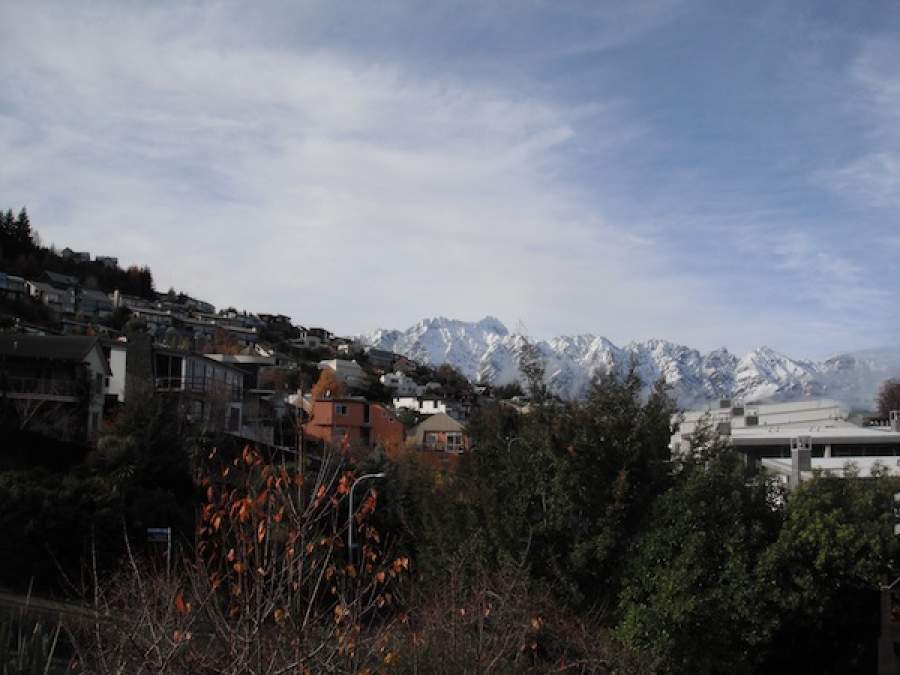I’ve done the house hunt in New Zealand a few times now, so when I recently moved back to Queenstown for a second winter season I was pretty aware of what lay ahead. When backpacking around a country like New Zealand, the most you usually have to consider in terms of housing is what hostel best suits your needs (the cheapest one offering the most free stuff). But when settling in one spot to work for a few months or more, the options begin to open up.
A lot of backpacker hostels do weekly rates for those who still want the feel of traveling and the ease to pick up and go whenever you please. Certain jobs like farm work and hospitality gigs may offer staff housing. But if you’re looking for more of a home away from home, it can get a little complicated. Searching for a room or a house in a small community with limited options requires you to jump into the ring with all the other hopeful renters clambering to find a place to unpack their bags. In Queenstown, for example, there are so many people who stay for a season and then move on. Summer and winter are equally popular with all the adventure sports on offer, and that has a huge effect on the availability of houses. When moving abroad, consider the place you’re going and why people are drawn there. If it’s a seasonal resort town, it pays to arrive a few weeks to a month before the crowd to get your bearings and start the house hunt.
Unlike in the States where I’m from, rent in New Zealand is paid weekly instead of monthly. It’s very important to know your budget and stick to it when house hunting. While there may not seem to be a big difference between $130 and $150 per week, that extra $20 adds up over several months. Also important to consider: does that price include bills? If, like me, you’ve moved to a country in the middle of winter that hasn’t yet embraced the wonder of double glazing then the cost and type of heating will be a big factor in deciding where to live.
There were two options for my partner and I: rent an entire property and move in with our friends from the mountain, or find a room available in someone else’s home. If you go the way of renting a house or an apartment, be aware that rental agencies charge a letting fee plus a hefty bond (security deposit), and you usually have to sign a minimum six-month lease. There is always the option of transferring the lease if you leave early, but if you know you only want to be in town for five months this route could be more hassle than it’s worth. Private listings are a great option if and when they pop up. We viewed one house where the owner was thinking of selling the property in the near future and was looking for short-term tenants only. No agency, which meant no letting fee, plus no long-term contract.
Each country and city are different when it comes to finding property, but in small New Zealand communities local newspapers and notice boards are still the best places to start the hunt. I scoured ads at the local grocery store and Internet cafes on a daily basis, along with listings in two different Queenstown publications. In the end, we found an open room in a three-bedroom townhouse on the hill overlooking Lake Wakatipu. The place is a perfect fit both in respect of location and our new roommates. One great thing about Queenstown is that people from all over the world call it home. In my new house we are five people representing three different countries. I’m very excited for the upcoming start to the ski season, even more so now that I have a warm and cozy place to come back to after a long day of work up the mountain.





